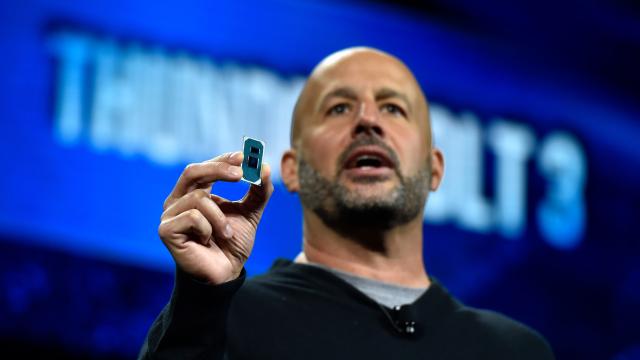The Trump administration banned the sale of American technology to the Chinese tech giant Huawei in May, but U.S. companies including Intel and Micron are selling computers chips to Huawei once again, according to a report in the New York Times.
Micron CEO Sanjay Mehrotra confirmed in a Wednesday earnings call that the company, headquartered in Idaho but with global operations, began shipping orders to Huawei again over the last two weeks. Intel declined to comment.
Micron is the United States’ biggest maker of computer memory chips. Intel is the country’s biggest semiconductor chip manufacturer. China’s Huawei is the second biggest phone manufacturer on the planet.
With a backdrop of an intensifying trade war and accusations of spying and national security threats from the Americans, the U.S. Commerce Department put Huawei on the “Entity List” last month, banning U.S. companies from selling certain kinds of tech and information to the Chinese company.
One key takeaway from the Times report is that no one is entirely clear what to do or how to feel about this. The companies are said to have paused all sales to Huawei for a time until their lawyers decided they could still make some sales if products aren’t considered American made. The Trump administration reportedly knows about the sales but is split on how to react. The White House did not immediately respond to our request for comment.
The Department of Commerce itself may not be entirely clear: The report also says the company is running the sales by the agency. The DOC did not respond to a request for comment.
The Semiconductor Industry Association, which counts both Intel and Micron as members, believes there are still sales that can be made from U.S. companies to Huawei.
“As we have discussed with the U.S. government, it is now clear some items may be supplied to Huawei consistent with the Entity List and applicable regulations,” the company said in a statement on Friday. “Each company is impacted differently based on their specific products and supply chains, and each company must evaluate how best to conduct its business and remain in compliance.”
Chinese companies, meanwhile, reportedly worry that it will be impossible to meet Chinese government-mandated targets without American technology, signalling just how reliant on national partners every major company is in this globalised world.
“If we lose access to U.S. software or can no longer receive updates, our chip development will run into a dead end,” a leading Chinese artificial intelligence chipmaker reportedly told Nikkei Asian Review.
News about the new sales comes just hours after FedEx filed a lawsuit against the Department of Commerce. The shipping giant claims it’s “virtually impossible” for a delivery company to police every single package it handles.
Huawei did not immediately respond to a request for comment.
